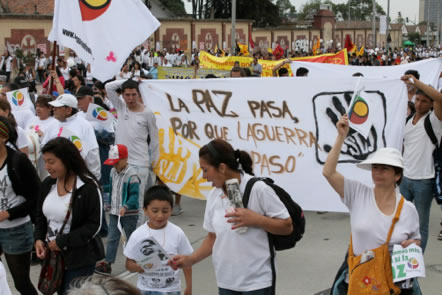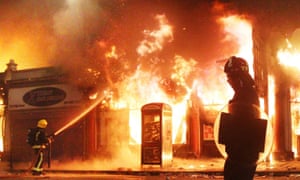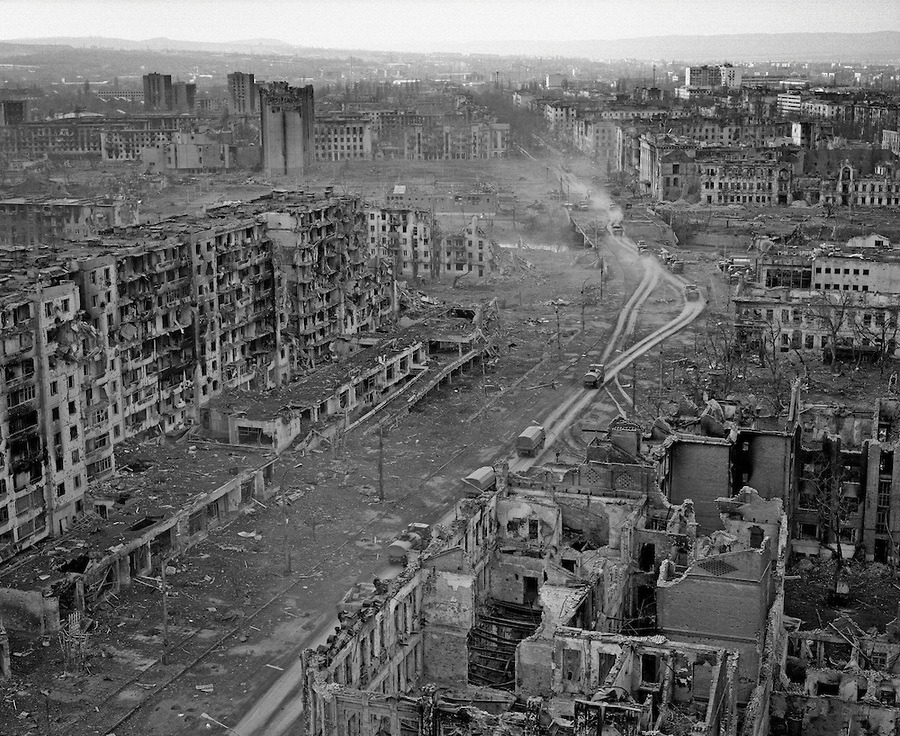The new divide in rich countries is not between left and right but between open and closed
IS POLAND’S government right-wing or left-wing? Its leaders revere the Catholic church, vow to protect Poles from terrorism by not accepting any Muslim refugees and fulminate against “gender ideology” (by which they mean the notion that men can become women or marry other men).
Yet the ruling Law and Justice party also rails against banks and foreign-owned businesses, and wants to cut the retirement age despite a rapidly ageing population. It offers budget-busting handouts to parents who have more than one child. These will partly be paid for with a tax on big supermarkets, which it insists will somehow not raise the price of groceries.
“The old left-right divide in this country has gone,” laments Rafal Trzaskowski, a liberal politician. Law and Justice plucks popular policies from all over the political spectrum and stirs them into a nationalist stew. Unlike any previous post-communist regime, it eyes most outsiders with suspicion (though it enthusiastically supports the right of Poles to work in Britain).
From Warsaw to Washington, the political divide that matters is less and less between left and right, and more and more between open and closed. Debates between tax-cutting conservatives and free-spending social democrats have not gone away. But issues that cross traditional party lines have grown more potent. Welcome immigrants or keep them out? Open up to foreign trade or protect domestic industries? Embrace cultural change, or resist it?
In 2005 Stephan Shakespeare, the British head of YouGov, a pollster, observed:
We are either “drawbridge up” or “drawbridge down”. Are you someone who feels your life is being encroached upon by criminals, gypsies, spongers, asylum-seekers, Brussels bureaucrats? Do you think the bad things will all go away if we lock the doors? Or do you think it’s a big beautiful world out there, full of good people, if only we could all open our arms and embrace each other?
He was proven spectacularly right in June, when Britain held a referendum on whether to leave the European Union. The leaders of the main political parties wanted to stay in, as did the elite of banking, business and academia. Yet the Brexiteers won, revealing just how many voters were drawbridge-uppers. They wanted to “take back control” of borders and institutions from Brussels, and to stem the flow of immigrants and refugees. Right-wing Brexiteers who saw the EU as a socialist superstate joined forces with left-wingers who saw it as a tool of global capitalism.
A similar fault line has opened elsewhere. In Poland and Hungary the drawbridge-uppers are firmly in charge; in France Marine Le Pen, who thinks that the opposite of “globalist” is “patriot”, will probably make it to the run-off in next year’s presidential election. In cuddly, caring Sweden the nationalist Sweden Democrats topped polls earlier this year, spurring mainstream parties to get tougher on asylum-seekers. Even in Germany some fear immigration may break the generous safety net. “You can only build a welfare state in your own country,” says Sahra Wagenknecht, a leader of the Left, a left-wing party.
In Italy, after the Brexit vote, the leader of the populist Northern League party tweeted: “Now it’s our turn.” Japan has no big anti-immigrant party, perhaps because there are so few immigrants. But recent years have seen the rise of a nationalist lobby called Nippon Kaigi, which seeks to rewrite Japan’s pacifist constitution and make education more patriotic. Half the Japanese cabinet are members.
There’s no we in US
In America the traditional party of free trade and a strong global role for the armed forces has just nominated as its standard-bearer a man who talks of scrapping trade deals and dishonouring alliances. “Americanism, not globalism, will be our credo,” says Donald Trump. On trade, he is close to his supposed polar opposite, Bernie Sanders, the cranky leftist who narrowly lost the Democratic nomination to Hillary Clinton. And Mrs Clinton, though the most drawbridge-down major-party candidate left standing, has moved towards the Trump/Sanders position on trade by disavowing deals she once supported.
Timbro, a Swedish free-market think-tank, has compiled an index of what it calls “authoritarian populism”, which tracks the strength of drawbridge-up parties in Europe. On average a fifth of voters in European countries back a populist party of the right or left, it finds. Such parties are represented in the governments of nine countries. The populist vote has nearly doubled since 2000 (see chart 1). In southern Europe austerity and the euro crisis have revived left-wing populism, exemplified by Syriza in Greece and Podemos in Spain. In Northern Europe the refugee crisis of 2015 has boosted the populists of the right.
http://www.economist.com/news/briefing/21702748-new-divide-rich-countries-not-between-left-and-right-between-open-and?fsrc=scn/fb/te/pe/ed/drawbridgesup






